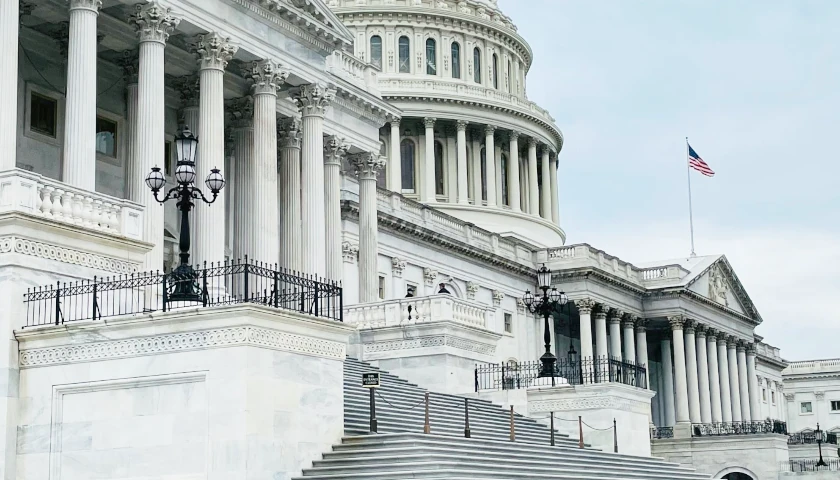by Drew Johnson
Someone needs to remind Sen. Lamar Alexander what it means to be a Republican. If his recent support of healthcare legislation featuring of socialist-style price controls is any indication, it looks like he’s clearly forgotten.
Back in June, Sen. Alexander, along with Democrat Sen. Patty Murray, introduced the Lower Health Care Costs Act of 2019 (LHCC). Then, just over a month later, Alexander doubled down on his support for the legislation, penning an op-ed in which he lauded both the Senate’s bipartisan cooperation and the bill’s apparent virtues.
The bill seeks to address the crisis of surprise medical billing, a genuine problem that occurs when patients receive emergency treatment from healthcare facilities outside of their insurer’s network. All too often, insurance companies refuse to cover out-of-network costs. Instead, they leave unsuspecting, with enormous medical expenses waiting for them when they’re discharged.
Without a doubt, the practice of surprise medical billing is devastating Americans throughout the nation, and Congress should work to address the issue.
There’s only one problem; there isn’t any semblance of fiscally conservative, free market principles in the LHCC. Republican values of limited government and economic freedom are utterly absent from the legislation. The bill is big government through and through.
In an attempt to solve the issue of surprise medical billing, the LHCC would institute a system of price controls – a favorite policy among the progressive left. The bill would task the federal government with mandating the amount hospitals and doctors can charge for their out-of-network services. By linking the price of particular medical services to their comparable Medicare rates, the LHCC would ensure that physicians no longer free to set the value of their own labor. Rather, it would be up to the federal government to dictate how much doctors are worth.
The legislation ignores natural price differences between healthcare providers, and doesn’t take doctor quality or skill into consideration.
Given the bill’s clear authoritarian tendencies, it’s no wonder why the LHCC has been compared to various top-down healthcare systems. Much like single-payer healthcare, the legislation would impose additional government oversight in an already-overregulated industry.
But the similarities to government-run healthcare programs don’t stop there.
As with Obamacare, the LHCC would empower insurance companies at the expense of both medical professionals and patients. If passed, the bill would mandate that a physician’s out-of-network reimbursement rate be capped at an amount substantially lower than it would be otherwise. This change would dramatically cut doctors’ pay and force hospitals to operate on a restricted budget. All the while, insurance companies would be free to pass the increased costs along to their consumers in the form of higher premiums.
If the LHCC passes, the cost of health insurance would increase substantially. Patients would pay more, and doctors would earn less. The only winners would be the insurers—the very companies that created the problem of surprise medical billing in the first place.
This result – while certainly tragic – is largely unsurprising. Big government, liberal policies always harm individuals in order to benefit a select few. And make no mistake, the LHCC is one such policy. But that begs the question: What is Sen. Alexander doing supporting such a leftist piece of legislation? Apparently he has either lost touch with Tennessee’s conservative principles or is badly mistaken on the issue. Either way, the Senator needs to be reminded that true conservatives neither support nor tolerate socialist schemes.
– – –
Drew Johnson is a senior fellow at the National Center for Public Policy Research and a columnist at Newsmax. The Johnson City native founded Tennessee’s free market think tank.






He needs to admit he is a DEMOCRAT !! … and quit fooling the people VOTE HIM OIUT
[…] “Republican values of limited government and economic freedom are utterly absent from the legislation. The bill is big government through and through,” Johnson wrote. […]
Rhino Lamar Alexander’s retirement came 10 years too late.